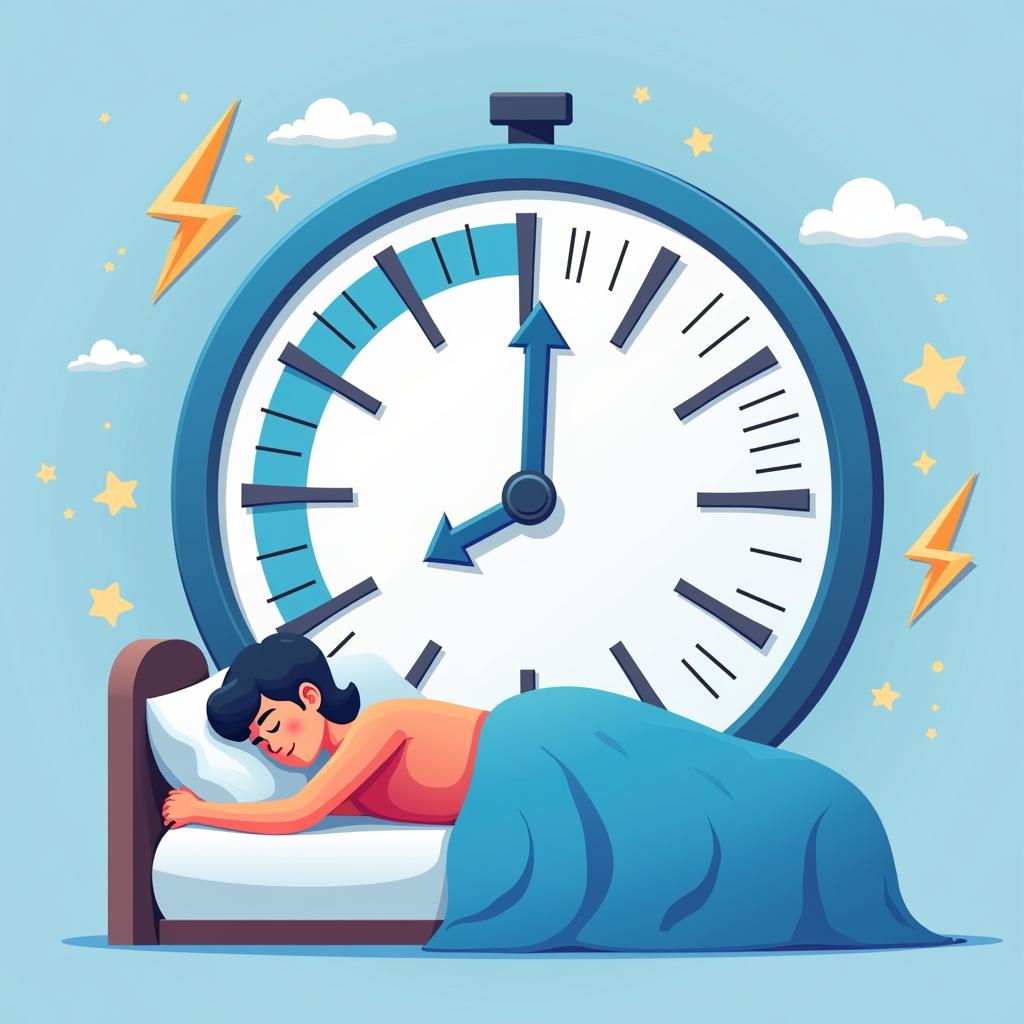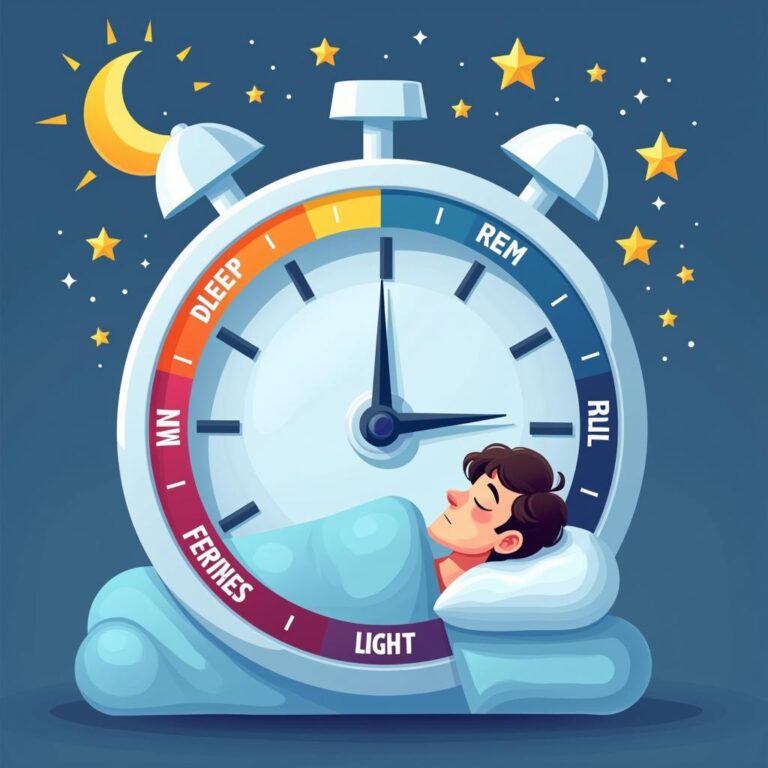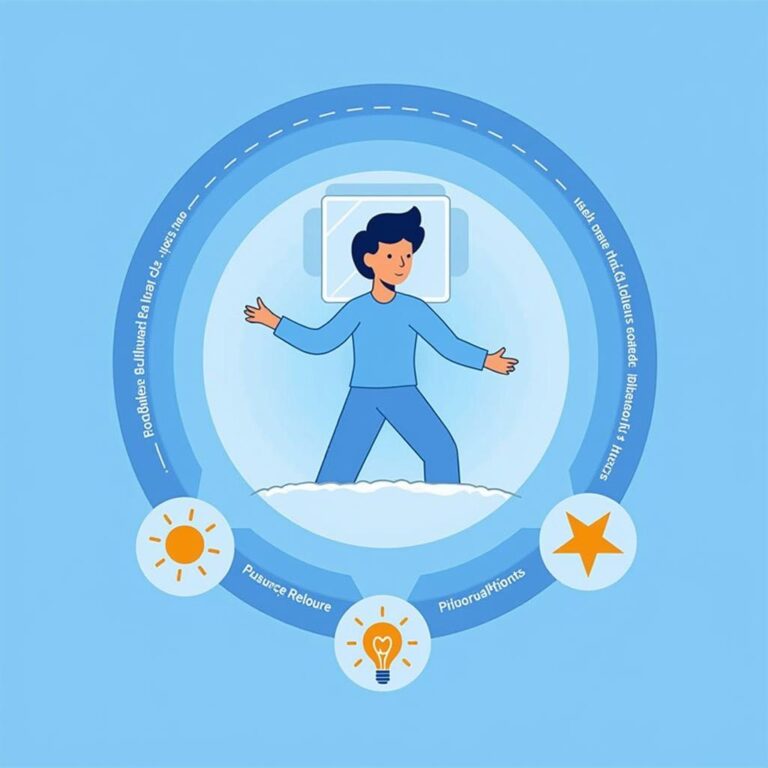In today’s fast-paced world, maintaining high energy levels is crucial for productivity and overall well-being. One of the most effective ways to ensure adequate energy throughout the day is by establishing a perfect sleep schedule. In this article, we will explore the best practices for creating a sleep routine that enhances energy levels and improves overall health.
Understanding Sleep Cycles
Before diving into the specifics of a perfect sleep schedule, it’s essential to understand how sleep cycles work. Each night, our bodies go through multiple sleep cycles, typically lasting about 90 minutes each. These cycles consist of different stages, including REM (Rapid Eye Movement) and non-REM sleep. Quality sleep occurs when these cycles are uninterrupted, allowing the body to recover and rejuvenate.
Signs of Poor Sleep Schedule
Identifying your current sleep habits can help you understand the need for improvement. Here are some common signs of a poor sleep schedule:
- Constant fatigue throughout the day
- Difficulty concentrating
- Regular mood swings
- Dependence on caffeine or stimulants
- Insomnia or restless nights
If you relate to any of these signs, it may be time to evaluate your sleep habits and work towards a more effective sleep schedule.
Steps to Create the Perfect Sleep Schedule for Energy
1. Determine Your Sleep Needs
Sleep needs can vary from person to person, but most adults require between 7 to 9 hours of sleep each night. Pay attention to how you feel after varying durations of sleep to find your personal optimal amount. Tracking your energy levels can help you determine if you need to increase or decrease your sleep duration.
2. Set Consistent Sleep and Wake Times
Consistency is key when it comes to establishing a perfect sleep schedule. Go to bed and wake up at the same time every day, even on weekends. This practice helps regulate your body’s internal clock, making it easier to fall asleep and wake up feeling refreshed. Over time, this consistency will improve your energy levels and overall mood.
3. Create a Relaxing Bedtime Routine
Establishing a calming bedtime routine can signal your body that it’s time to wind down. Consider activities such as:
- Reading a book
- Taking a warm bath
- Practicing meditation or deep-breathing exercises
- Listening to soothing music
A relaxing routine will help reduce stress and prepare your mind and body for sleep.
4. Optimize Your Sleep Environment
Your sleep environment plays a significant role in the quality of your rest. Make sure your bedroom is conducive to sleep by considering the following factors:
- Temperature: Keep your room slightly cool, as a lower temperature can promote better sleep.
- Darkness: Use blackout curtains or an eye mask to block out light, which can interfere with your sleep cycles.
- Noise: Use earplugs or a white noise machine to mask disruptive sounds.
- Comfort: Invest in a comfortable mattress and pillows to support your body during sleep.
5. Limit Exposure to Screens Before Bed
Blue light emitted by screens from smartphones, tablets, and computers can interfere with your body’s production of melatonin, a hormone crucial for sleep. To improve your sleep schedule for better energy, consider the following:
- Avoid screens for at least an hour before bed.
- Use blue light filters on devices if you must use them in the evening.
Instead, engage in screen-free activities that help you relax and unwind.
6. Monitor Your Diet and Exercise
Your diet and physical activity significantly influence your sleep quality and energy levels. Here are some tips:
- Avoid Heavy Meals: Try to have dinner at least a few hours before bedtime, and avoid heavy, rich foods that can cause discomfort when lying down.
- Limit Caffeine and Alcohol: Both substances can disrupt your sleep patterns. Aim to limit caffeine consumption in the afternoon and evening, and be mindful of alcohol, which may affect sleep quality.
- Exercise Regularly: Engage in regular physical activity to promote better sleep; however, try to avoid vigorous exercise close to bedtime, as it may have a stimulating effect.
7. Listen to Your Body
Pay attention to how your body feels throughout the day. If you notice a dip in energy, consider whether you need to adjust your sleep schedule. It’s essential to be flexible and willing to make changes according to your body’s needs. If you find that you need a nap during the day, keep it short (15-30 minutes) to avoid disrupting nighttime sleep.
Conclusion
Setting a perfect sleep schedule for energy is not an overnight process but requires patience and dedication. By understanding your sleep needs, maintaining a consistent routine, optimizing your sleep environment, and making conscious lifestyle choices, you can significantly improve the quality of your sleep. The result will be enhanced energy levels, increased productivity, and better overall well-being. Start implementing these strategies today, and enjoy the benefits of a well-rested life.







